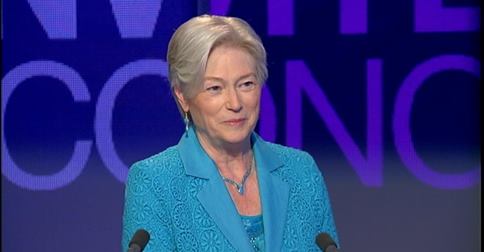The International Energy Agency’s (IEA) special report on investment has revealed that meeting the world’s growing need for energy will demand more than 48 trillion USD of investment by 2035. Currently, annual investment to secure energy supplies is about 1.6 trillion USD but needs to go up in a piecemeal fashion towards 2 trillion USD. Yearly expenditures on energy efficiency must rise from the current 130 billion USD to more than 550 trillion USD by 2035, when measured against a 2012 benchmark. IEA Executive Director, Maria van der Hoeven, commented that the reliability and sustainability of the world’s future energy system heavily depends on investment. She warns though that investment will not materialize unless there is a credible policy framework and stable long-terms means of funding.
Newly collected data demonstrate how annual investment in new electricity and fuel supply has more than doubled for the last 14 years with investment in renewable sources going up by a factor of four over the same time span. This could have happened thanks to helpful governmental framework and policies as investment in renewable energy sources in the European Union is higher than investment in the US natural gas production. In fact, green and renewable sources along with biofuels and nuclear power now account for around 15 percent of the total annual investment. The similar share is allocated also to the power transmission and distribution network. Yet, a vast majority of the current investment spending – more than 1 trillion USD – is allocated to fossil fuels, whether extracting them, supplying them to consumers, refining crude oil into oil products, or constructing coal and gas-fired power plants.
Meanwhile, investment decisions are increasingly being designed by means of government policy measures and incentives. While many governments still influence energy sector investment directly, others have decided to open energy markets to competition. “Whether governmental or private, policy makers face complex choices as they try to promote energy security, competitiveness, and green goals all at the same time”, IEA chief economist, Fatih Birol, commented. He added though that neither of these goals can be achieved without mobilization of private investors and capital and their synchronization with governmental policies.




